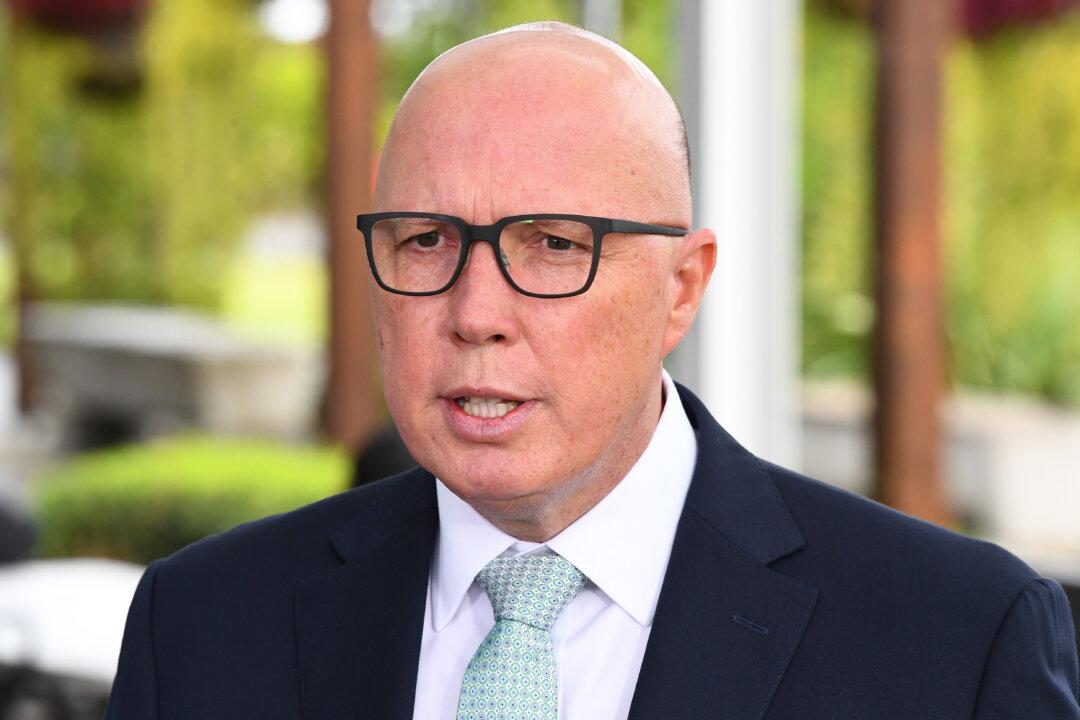The federal Opposition Leader Peter Dutton has launched his strongest attack yet against changing Australia’s Constitution to entrench Indigenous interests.
Dutton said the Indigenous Voice to Parliament would take Australia “backwards not forwards” and called it “regressive, not progressive.”





